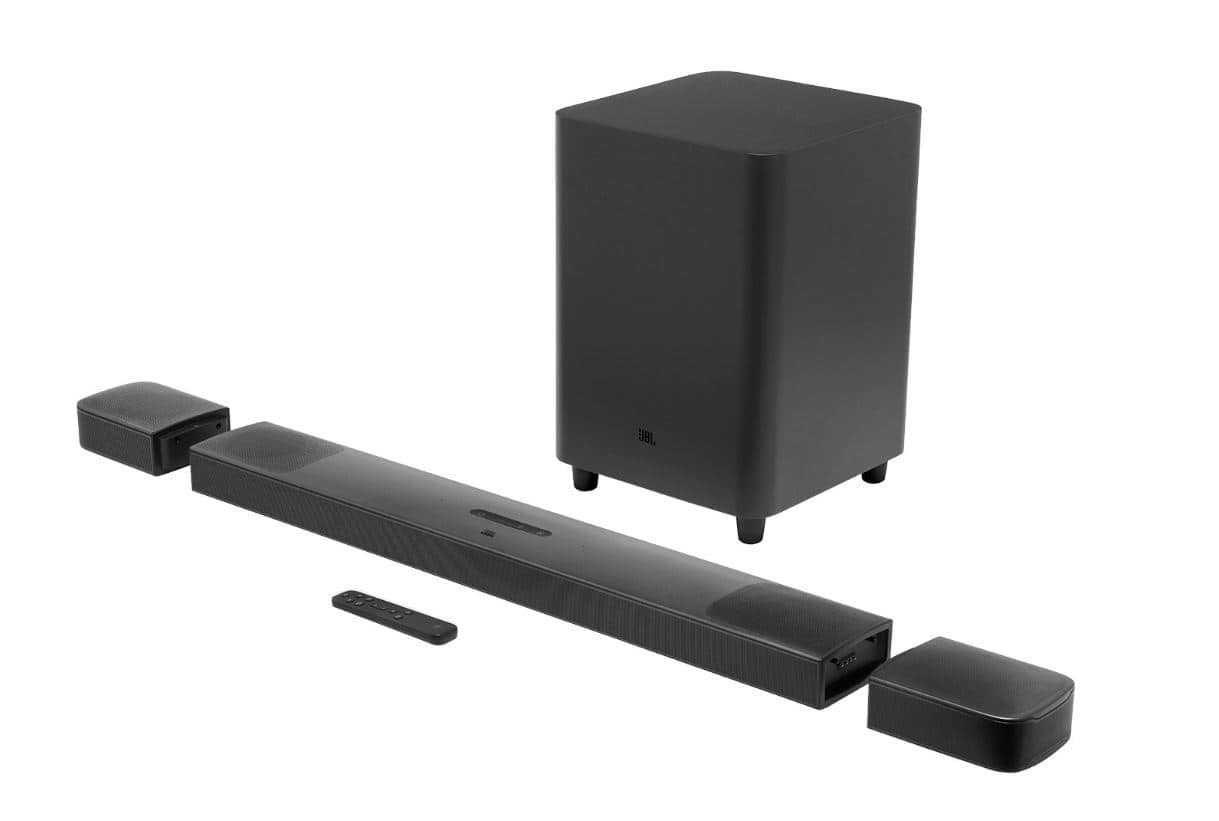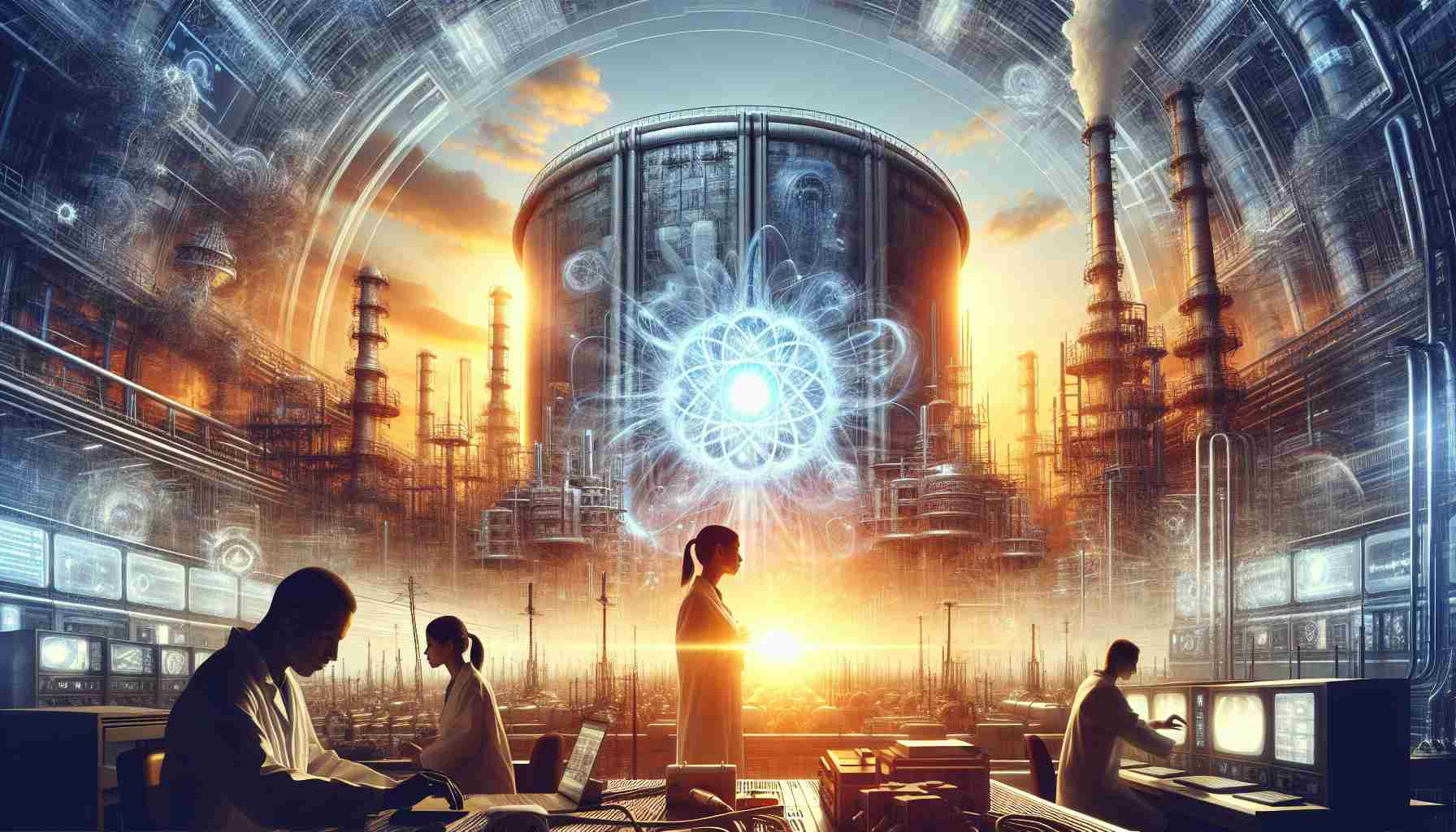Have you ever wondered what happens inside your computer when you press the power button? It might seem like magic, but it’s all about amazing science and engineering! Understanding the basics of how computers work can demystify this crucial technology in our lives.
At its core, a computer is a machine that processes data. It takes input, processes it, and produces output. The central processing unit (CPU) is the heart of the computer and acts as the “brain.” It executes instructions from programs and controls operations of other components. The CPU performs billions of calculations per second, enabling complex tasks like video editing and gaming.
Memory is another vital component. The random access memory (RAM) is the short-term memory, providing space for the CPU to read and write data quickly. When you open a program, it’s loaded from your storage into RAM so you can access it quickly. Meanwhile, storage devices, such as hard drives or solid-state drives, keep your data safe long-term, even when the power is off.
The motherboard is the main circuit board connecting all components, including the graphics processing unit (GPU), which enhances image and video processing capabilities, particularly important for gaming and creative work. Input devices like keyboards and mice, combined with output devices such as monitors and printers, allow you to interact with your computer.
By understanding these components and their roles, we appreciate how a computer transforms a simple electrical signal into a tool that entertains, aids learning, and solves complex problems. So, the next time you use your computer, know that there’s no magic—just brilliant engineering!
Inside the Digital Abyss: How Computers Ignite Revolutionary Changes
When we delve deeper into the world of computers, we discover intriguing facets and controversies that profoundly impact our lives and societies. Beyond the basic operations, one crucial yet often overlooked element is the role of quantum computing. As traditional computers reach their limits, quantum computing emerges as a game-changer, potentially solving problems considered impossible for classical machines. Imagine revolutionizing fields like cryptography, where quantum algorithms could crack codes exponentially faster than today’s capabilities.
But how does this affect us? Quantum computers, by utilizing qubits, could advance drug discovery and climate modeling, providing solutions in years instead of decades. Communities might witness enhanced medical treatments and more accurate climate predictions, transforming societal health and sustainability.
Yet, this technology stirs controversy. As governments and tech giants race for quantum supremacy, concerns arise about the disparity in resource allocation. Will only countries with substantial investments benefit, potentially widening global inequalities?
Another captivating aspect is artificial intelligence (AI) integrated within computing systems. AI’s continuous learning capabilities extend computer functionalities beyond predefined instructions, automating tasks from mundane scheduling to complex data analysis in businesses. However, ethical questions loom—are we ready for AI’s decision-making impact on jobs and privacy?
A curious question: why does quantum computing evoke such fascination and fear? The intrigue lies in its vast potential and our uncertainty in harnessing this raw power.
For more in-depth insights, explore IBM for quantum computing advancements, or Microsoft to understand AI’s deeper integration in computing. The digital age’s future might surprise us, reshaping our very understanding of what’s achievable.






















